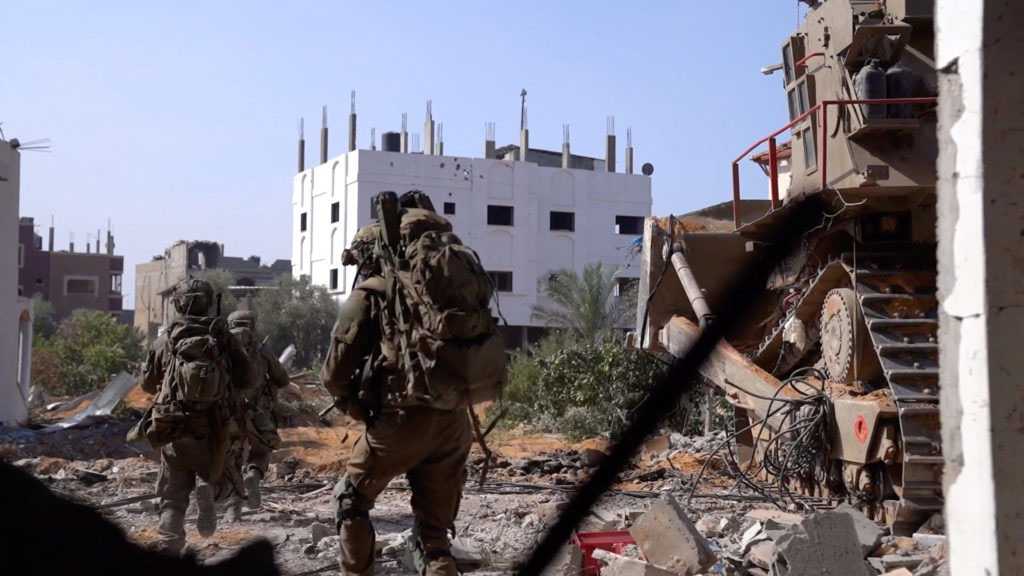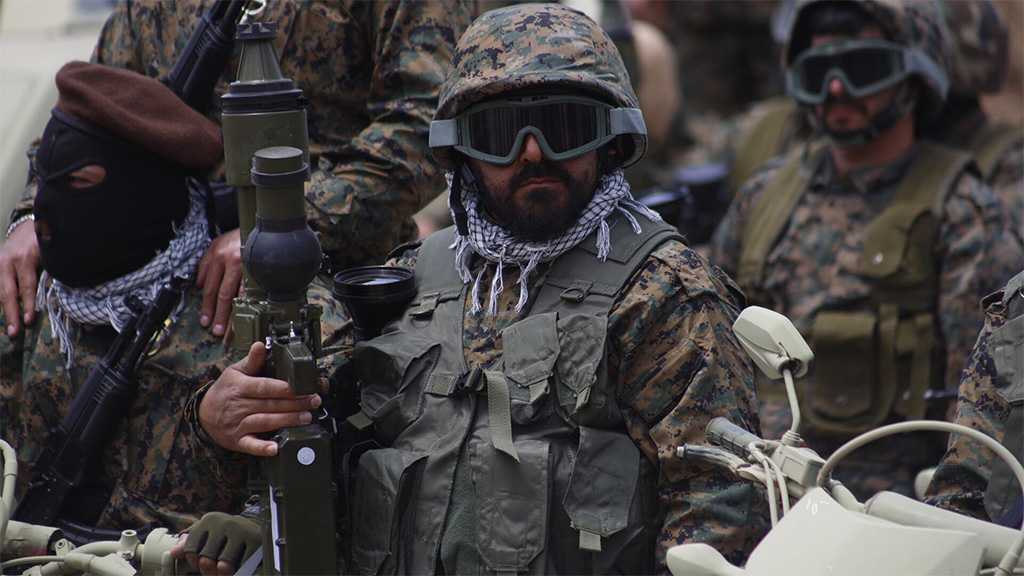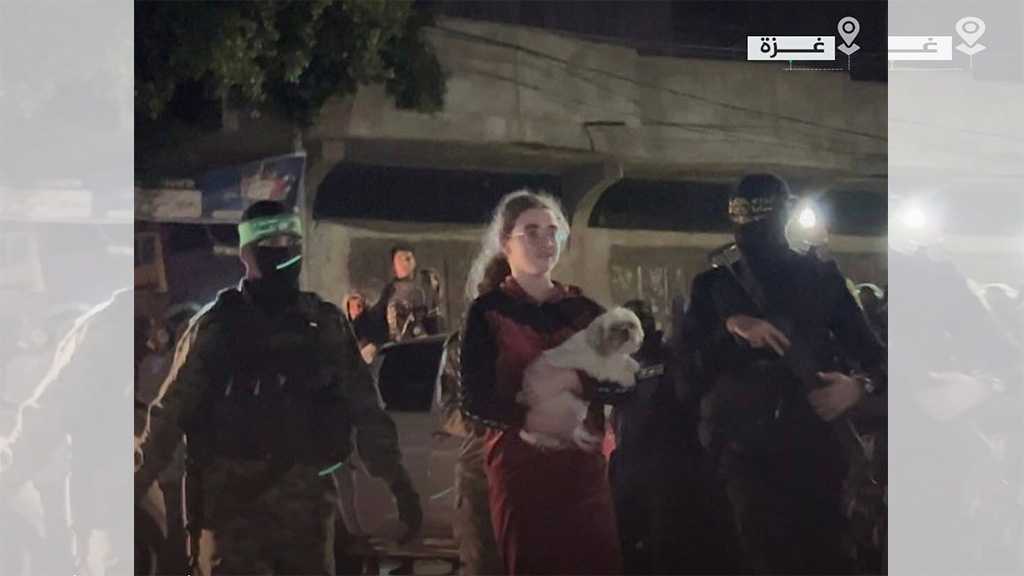
The Saudi Overlap with ’Daesh’
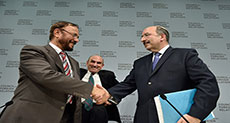
Hussein Abdullah - "Al-Akhbar" Newspaper
On the 10th of February, Saudi and world media outlets published a video which shows a man from the Promotion of Virtue and Prevention of Vice body [religious police], brutally dragging a young girl in front of a shopping mall in Riyadh.
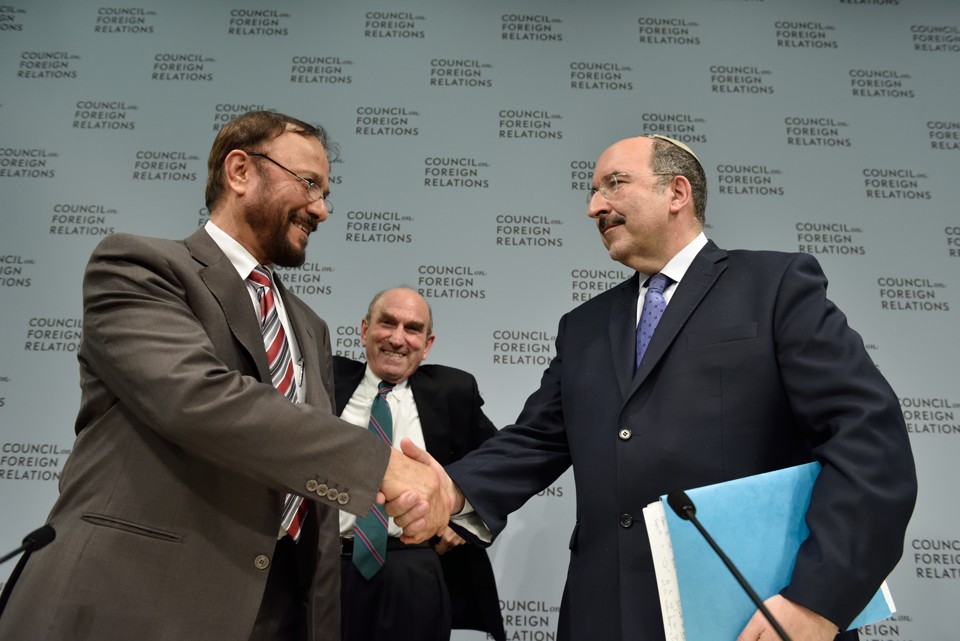
What is interesting is that the two Saudi lawyers who are known for their anti-religious police stances, Abdulaziz al-Qasim and Abdul Rahman al-Lahem, advised the girl in a press statement, to disappear and not resort to the judiciary, "because she will be exposed to great harm", as judges apply the rule that says that if a man of ‘Hesbah' [religious police] are not to be held accountable even if they commit a mistake.
Despite all the crimes committed by members of the body, to the extent of murder sometimes, and despite receiving widespread media coverage - just as what had happened with the two brothers Ghazi and Saud al-Murshidi in Riyadh in 2014, when their car was rammed deliberately, or Suleiman Huraisy, who was killed in front of his parents in his home in the Badiah neighbourhood west of the Saudi capital in 2007 "with the claim that he was advertising for alcohol" - yet when "members" are referred to the judiciary, they are all acquitted!
These "violations" committed by the "body" almost on a daily basis in Saudi Arabia, are also committed in the areas under the control of "Daesh" [The Arabic Acronym for ISIS] in Syria and Iraq, as one of the first steps that the extremist organisation takes when taking over any city is the creation of a body for the Promotion of Virtue and Prevention of Vice, such as those in Saudi Arabia.
However, with this "Daesh" demonstrated that in some respects it is more tolerant than the Saudi government. The extremist organisation for instance, allows women to drive cars in the areas which it controls, "as this does not conflict with the religious law", according to a Mufti from the organisation, while the Saudi woman is forbidden to drive a car, and if a woman does drive, she is punished, just like what happened with many activists such as Manal al-Sharif and Jane Hadhloul.
Saudi Arabia and the "Daesh" organisation are similar in many respects, as both whip the "disobedient" in the streets, and cut the throats of opponents in public squares, both print and distribute the books of Muhammad ibn Abd al-Wahhab, the founder of the Wahhabism school, which labels most Muslims as infidels and blatantly calls for their killing. However, the difference between the two is that the world remains silent towards the violations carried out by Saudi Arabia, at a time when an international coalition to "fight Daesh" has been formed.
This similarity has been confirmed by Western media, such as by British Newspaper "The Independent" last November, in which it compared Saudi government practices with those of "Daesh", and concluded that they are similar to such an extent that they appear as one.
Arguably, Saudi Arabia has shown its "Daesh-ness" more clearly, ever since the beginning of the rule of King Salman, who is known for his decades-long public advocacy for the extremist Wahhabi school. As such, he did not hesitate to behead 47 people last January all at once, including Sheikh Nimr al-Nimr.
He also returned extremists whom the late King Abdullah had sacked, back to the state apparatus, such as the Minister of Islamic Affairs Saleh Al-Sheikh, and the Advisor at the Royal Court and a member of the senior clerics body Saad Shathri.
Media outlets have noted the dramatic expansion of influence of the religious police on public life last year, such that after only a few days after the brutal dragging of a girl in February, Saudi newspapers published a story about the government providing a boost to the branches of the body, with tens of new SUVs.
While Saudi Arabia and "Daesh" hold the extremist Wahhabi ideology, it was natural that as the extremist organisation beheads "apostates" in Syria and Iraq, the Saudi judiciary issues a death sentence to the Palestinian poet Ashraf Fayyad on charges of "apostasy", before bringing that sentence down to an eight-year jail term, following official condemnations from Western states, including the US.
While "Daesh" carries out the "punishment of whipping" on those who violate the rules of their religious system, Saudi authorities carry out punishments in public places on people accused of various issues, some of which are related to beliefs, such as blogger Raef Badawi, who was whipped publicly in front of the Juffali Mosque in Jeddah in January last year on charges of "insulting Islam".
As observers say, King Salman chose to follow the policy of his brother, the late King Fahd [who ruled the country between 1982 and 2005] in using religion to expand the influence of the state. The latter created hundreds of religious schools and mosques in six continents to promote the radical Wahhabi school, and supporting hard-line clerics in their imposition of an extremist speech at home through the education curriculum, and closed cinemas, and cancelled theatrical and artistic activities in the country, and prevented women from appearing on television.
Obviously, the Saudi government will increase its "violations" in the name of religious law, to demonstrate to people that "Daesh" is not more "Islamic" than them, because what most terrifies the rule of Riyadh is that the success of the extremist organisation in using religion and raising "the Caliphate slogan", could help it extend its influence and swallow the state of the House of Saud. This was what the American writer Thomas Friedman said following his visit to Saudi Arabia in December last year, following meetings with senior Saudi officials and the Deputy Crown Prince Mohammed bin Salman.
*The Managing Director of the "Americans for Democracy and Human Rights in Bahrain" organisation [also one of those whose Bahraini citizenship was withdrawn due to his activism].
